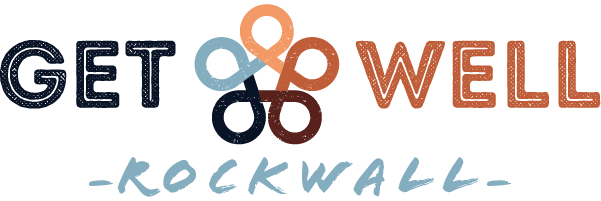Wellness is a word that you might hear a lot these days, but what does it really mean? And why is it important for your health and happiness? Wellness is not just the absence of disease or illness, but the active pursuit of activities, choices and lifestyles that lead to a state of holistic health. Wellness is about taking care of your physical, mental, emotional, spiritual, social and environmental wellbeing, and finding the balance that works for you. Wellness is also influenced by the factors that surround you, such as your family, friends, community and culture. In this blog post, we will explore the different dimensions of wellness, the benefits of wellness, and the ways to achieve wellness in your daily life.
What’s the Difference Between Holistic, Alternative, and Complementary Medicine?
If you’re interested in natural or non-conventional ways to improve your health and wellness, you might have heard of terms like holistic medicine, alternative medicine, and complementary medicine. But do you know what they mean and how they differ from each other? In this blog post, we’ll explain the definitions, examples, and implications of these three types of medicine.
Holistic Medicine: Treating the Whole Person
Holistic medicine is a philosophy that believes in treating the whole person, not just the symptoms or the disease. It emphasizes the integration of mind, body, and spirit, and the balance of physical, emotional, mental, and spiritual aspects of health. Holistic medicine can include both conventional and alternative or complementary treatments, as long as they are consistent with the holistic principles. Some examples of holistic medicine are acupuncture, homeopathy, herbalism, meditation, yoga, and nutrition.
Alternative Medicine: Replacing Conventional Medicine
Alternative medicine is a term that refers to medical systems that are not part of or accepted by the mainstream western medicine. Alternative medicine usually has its own theories, methods, and practices that are often based on traditional or cultural knowledge. Alternative medicine can be used instead of or in opposition to conventional medicine. Some examples of alternative medicine are traditional Chinese medicine, Ayurveda, naturopathy, chiropractic, and osteopathy.
Complementary Medicine: Supporting Conventional Medicine
Complementary medicine is a term that refers to medical practices that are used along with or in addition to conventional medicine. Complementary medicine can enhance or support the effects of conventional treatments, or provide relief from side effects or symptoms. Complementary medicine does not necessarily reject or contradict conventional medicine, but rather acknowledges its limitations and offers more options for patients. Some examples of complementary medicine are massage therapy, salt therapy, hot and cold therapies, aromatherapy, hypnosis, biofeedback, and music therapy.
Why Choose Holistic, Alternative, or Complementary Medicine?
People choose holistic, alternative, or complementary medicine for various reasons. Some of these reasons are dissatisfaction with conventional medicine’s focus on disease rather than wellness, lack of personal attention or empathy from doctors, high costs and side effects of drugs and surgery, preference for natural or gentle treatments, respect for cultural or spiritual beliefs, and empowerment and autonomy over one’s own health.
How to Integrate Holistic, Alternative, and Complementary Medicine with Conventional Medicine?
Integrating holistic, alternative, and complementary medicine with conventional medicine can be challenging but rewarding. It requires more research, education, communication, and collaboration among patients and practitioners to overcome the barriers of prejudice, ignorance, skepticism, and regulation that prevent the acceptance and recognition of these forms of medicine. It also requires more awareness, openness, and respect for different perspectives and approaches to health and wellness. By integrating holistic, alternative, and complementary medicine with conventional medicine, we can benefit from more choices, more information, more perspectives, and more holistic care.
